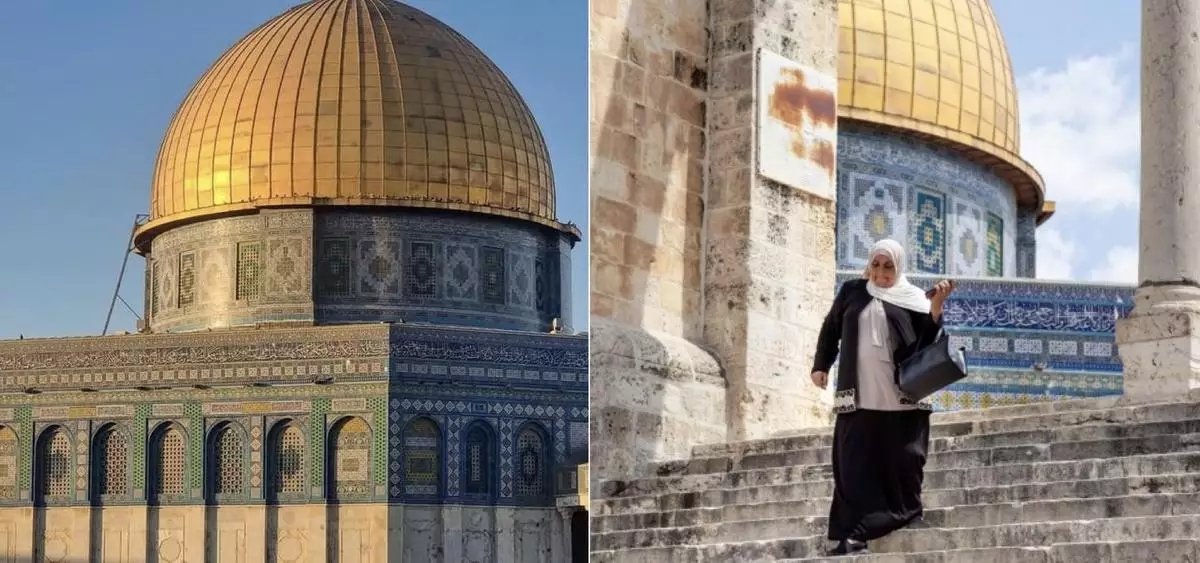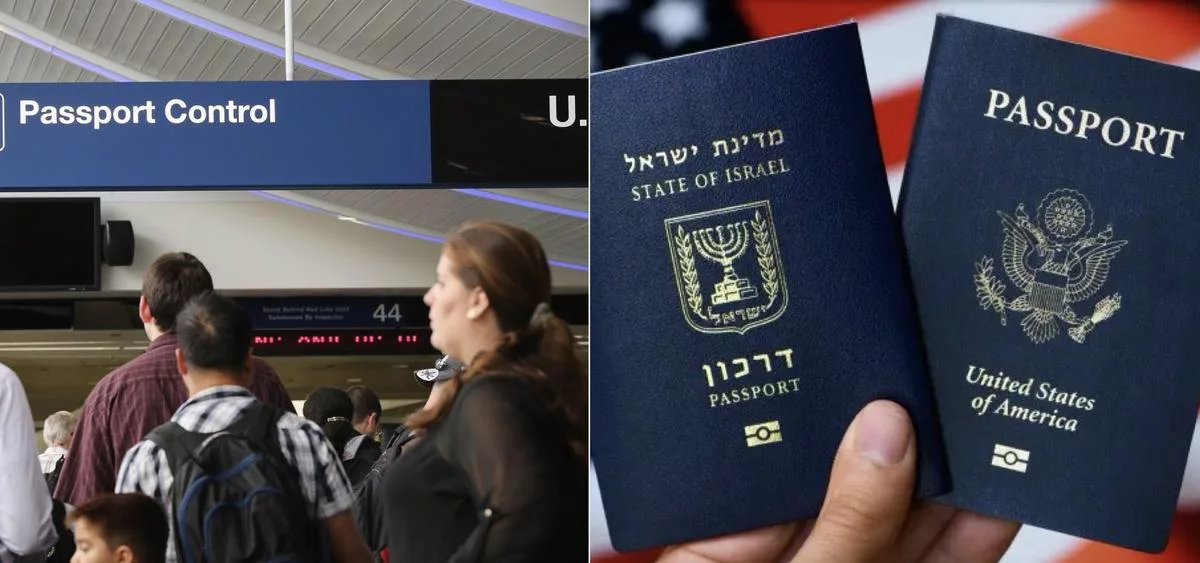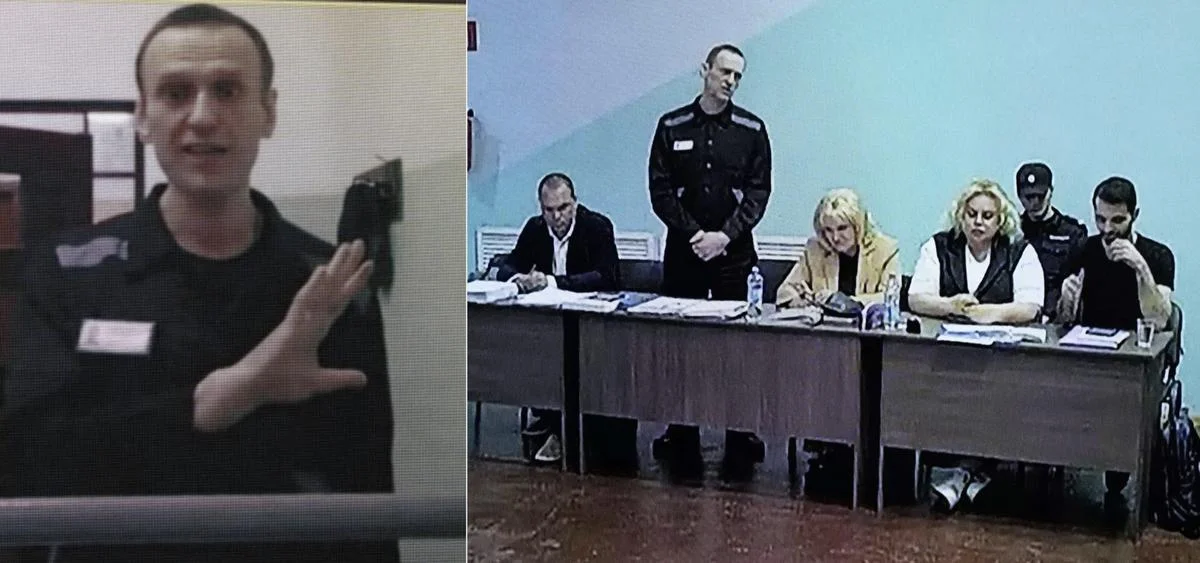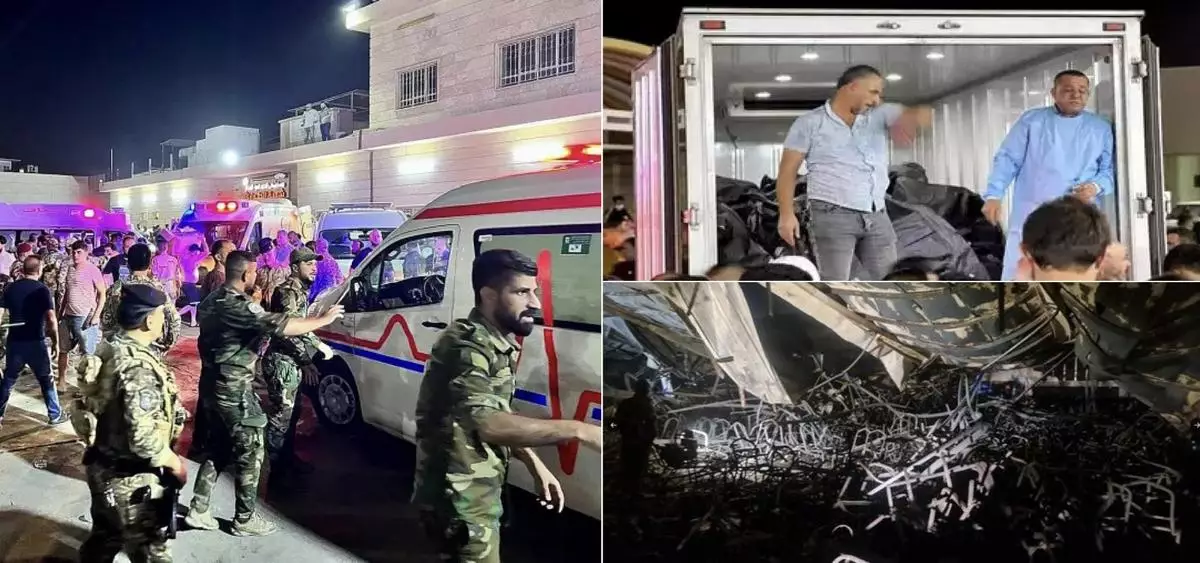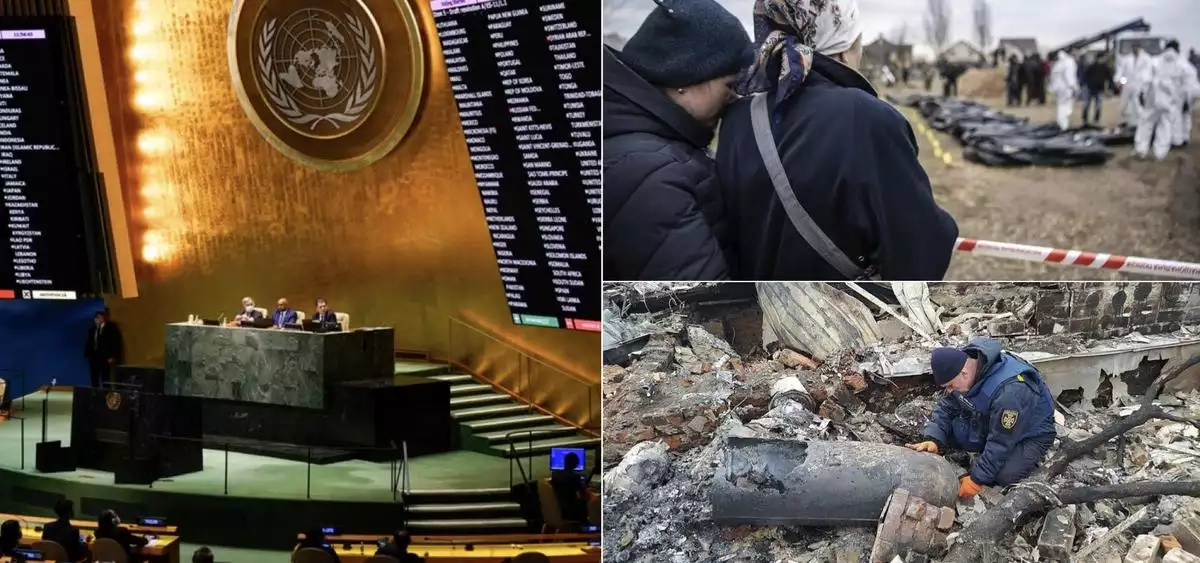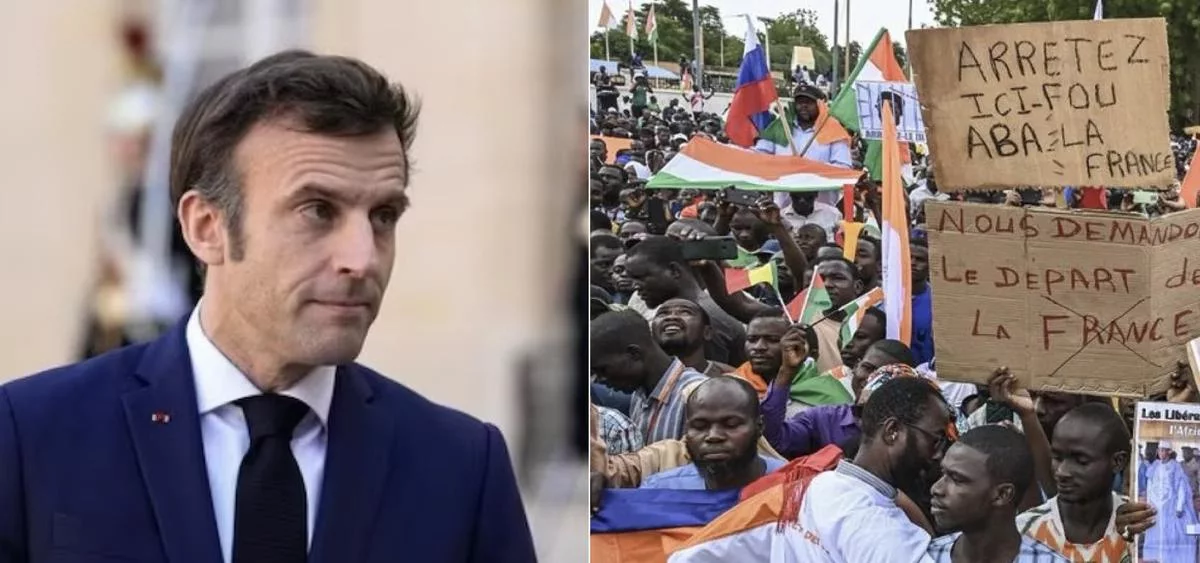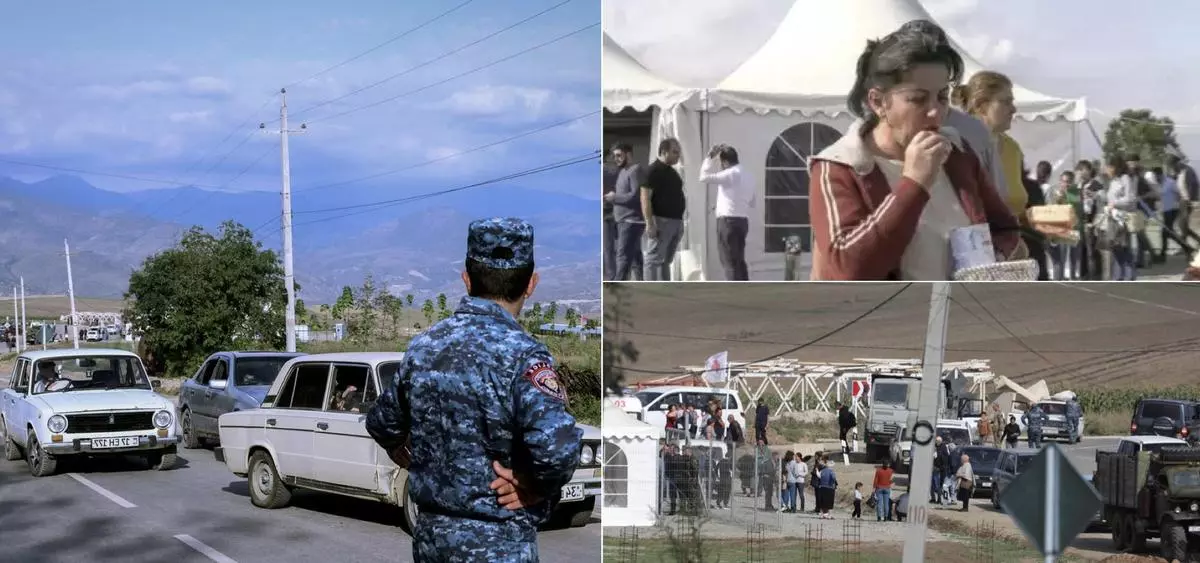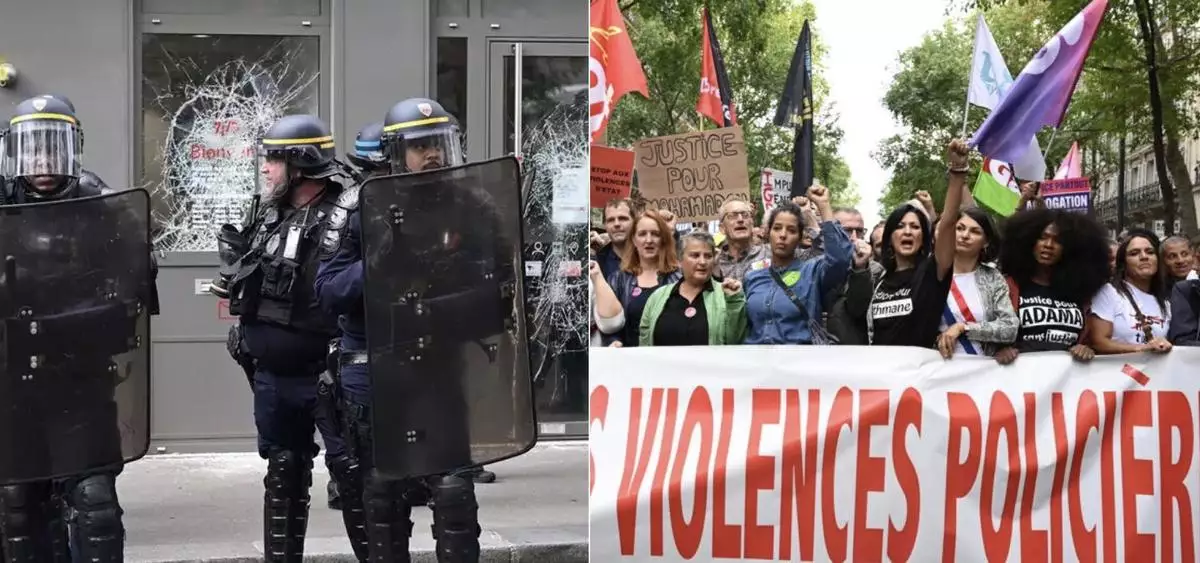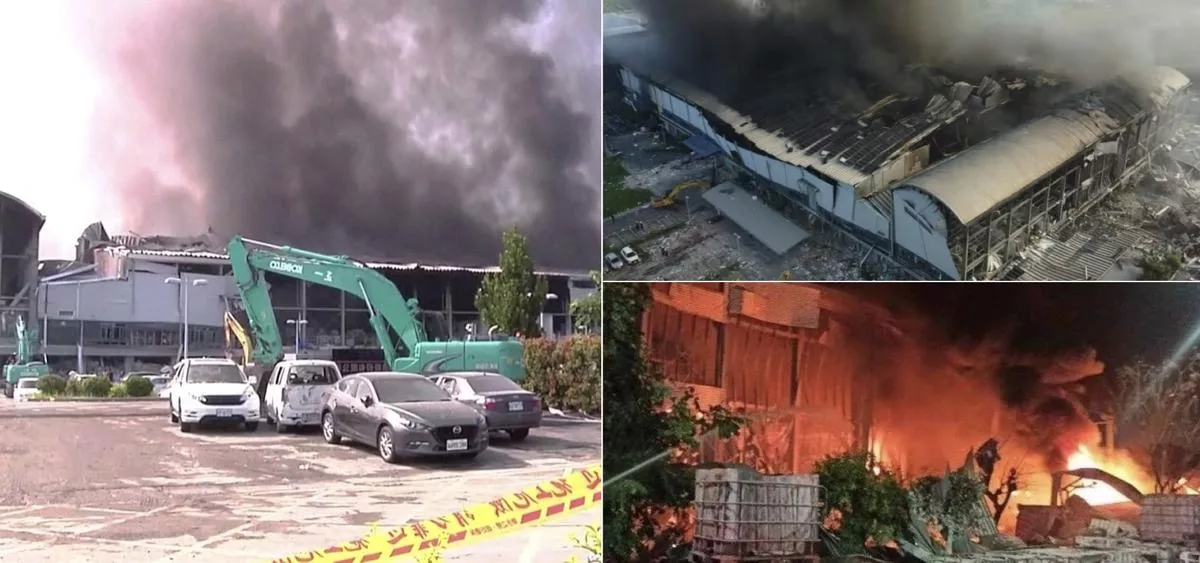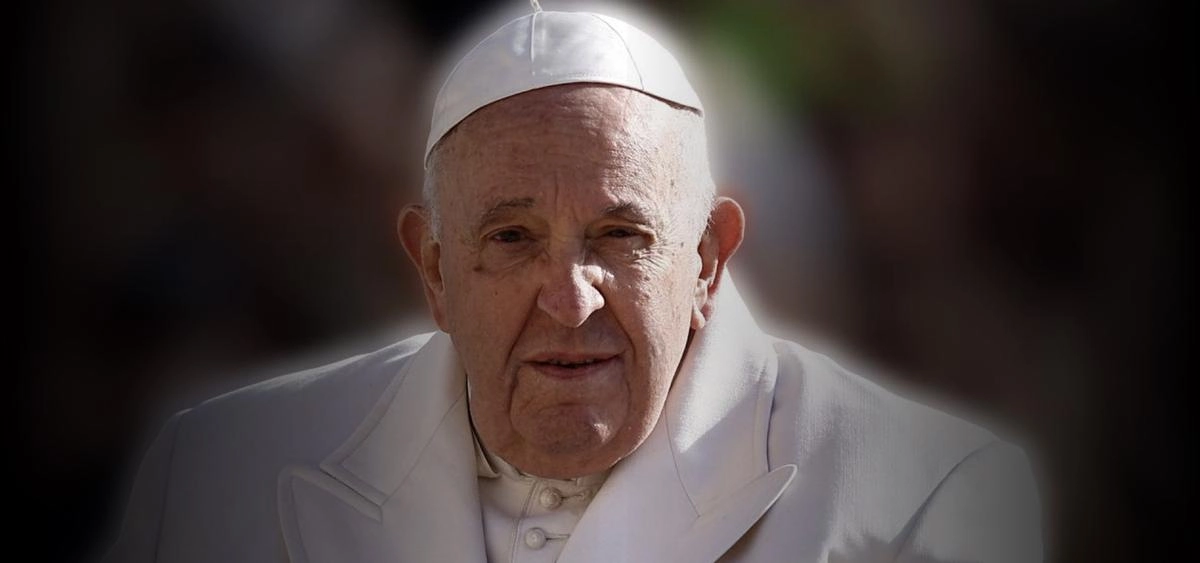We discuss the challenges that lie ahead for President Julius Maada Bio as he begins his second term as the country’s recovery from the COVID-19 pandemic, the task of addressing high levels of inflation, and the expectations placed on Julius Maada Bio to tackle these pressing issues while ensuring transparent and accountable governance.
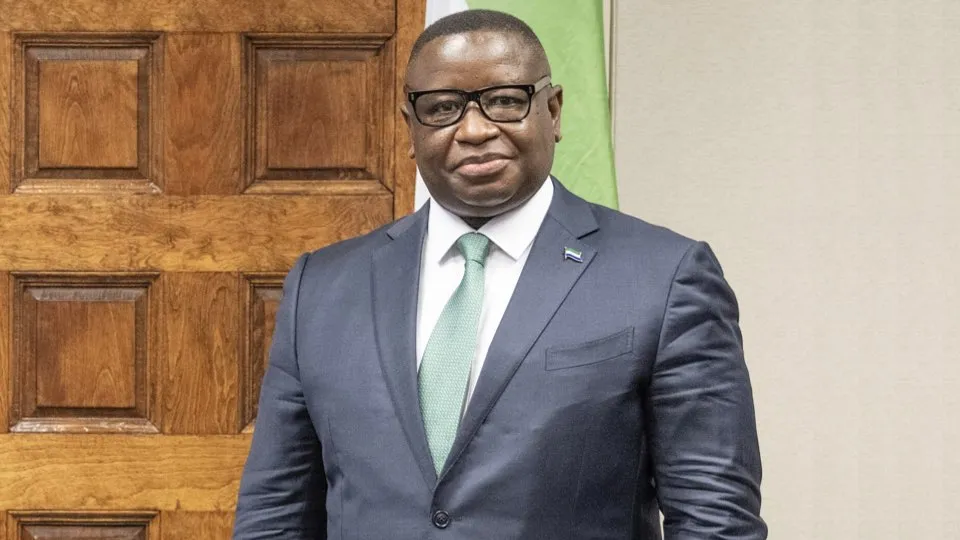
Photo Credit: Wikimedia Commons
Sierra Leone’s President Julius Maada Bio has been re-elected for a second term, marking a significant milestone in the country’s political history. The announcement came from the head of the electoral commission, stating that Bio secured 56.17 percent of the vote, surpassing his main challenger, Samura Kamara, who received 41.16 percent. However, Kamara has categorically rejected the result, citing concerns about its credibility. His party, the All People’s Congress (APC), had previously criticized the lack of transparency and inclusiveness in the vote-tallying process.
The election, which took place on Saturday, saw approximately 3.4 million registered voters participate. However, the European Union (EU) observers expressed concerns about the lack of transparency and communication by the electoral authority, leading to mistrust in the electoral process. They also reported instances of violence at polling stations and received reports of violent incidents in various regions.
President Bio, aged 59, previously a coup leader in the 1990s, has focused on education and women’s rights during his first term. His supporters are pleased with the election result and hope for economic improvements and job creation. On the other hand, Kamara’s supporters and critics of the election outcome are dissatisfied and have called for change.
The APC accused the electoral commission of fabricating results and engaging in over voting in some areas. The party rejected the outcome and reiterated its claim of victory. The EU observers also condemned the violence by security forces at the APC headquarters, which resulted in one fatality. The opposition party demands justice for the incident.
President Bio’s victory in the election is significant, as it marks the first time since the end of Sierra Leone’s civil war in 2002 that an incumbent has secured a victory in the first round of voting. Sierra Leone has a two-term presidential limit, making this President Bio’s final term.
The announcement of the election result evoked mixed reactions among Sierra Leoneans. While some expressed relief at the peaceful atmosphere and continued with their daily activities, particularly as the Muslim festival of Eid was beginning, others voiced dissatisfaction and called for change. The election took place against the backdrop of a troubled economy, rising living costs, and concerns about national unity.
The Carter Center, among other international election monitors, expressed alarm about faults in the democratic process. They cited instances in which the chain of trust was jeopardized during the delivery and opening of ballot boxes at tabulation facilities. While they found no evidence of fraud, they stressed the need to preserve integrity during the elections.
President Bio’s second term begins as Sierra Leone faces the challenge of recovering from the COVID-19 pandemic and addressing high levels of inflation. The country’s previous election history has been largely peaceful and credible, but this election has been marred by disputes and allegations of irregularities. As President Bio takes office for another term, the expectations for addressing the country’s pressing issues remain high, and the demand for transparent and accountable governance continues.
Despite the disputed outcome of Sierra Leone’s presidential election, the streets of the capital, Freetown, remained calm and peaceful. As the Muslim festival of Eid commenced, many people expressed relief at the absence of violence and the ability to resume their daily activities without disruption.
Marketplaces bustled with activity as women sold food and motorcycles and tuk-tuks roamed the rain-soaked streets, seeking customers. While some individuals expressed satisfaction with the overall peacefulness of the process, others voiced their dissatisfaction and called for change, highlighting their concerns about the fairness of the election.
Julius Maada Bio, leader of the Sierra Leone People’s Party (SLPP), was sworn in for his second and final term at State House. The electoral commission announced that he won the election with 56.17 percent of the vote in the first round, surpassing the required threshold to avoid a run-off. This victory marked the first time since the end of Sierra Leone’s civil war in 2002 that an incumbent secured victory in the first round.
The electoral contest between Bio and Samura Kamara of the All People’s Congress (APC) replicated the closely contested 2018 race. However, Kamara has not conceded defeat and has questioned the transparency and accountability of the process.
Sierra Leone now faces significant challenges, including a troubled economy, rising living costs, and concerns about national unity. President Bio, who has advocated for education and women’s rights, assumes the responsibility of addressing these issues. The successful resolution of these problems will be crucial for the country’s progress and stability.
As the nation moves forward, the focus shifts to healing and reconciliation. The peaceful atmosphere in Freetown following the election, despite the dispute, offers hope that the nation can overcome its divisions and work towards a more inclusive and prosperous future. The international community will closely monitor the situation, emphasizing the importance of upholding democratic principles and ensuring a fair and transparent electoral process for the country’s progress.
Stay connected with Today On Globe for the latest Global Issues and News Updates.
Explore more related articles at [TOG News / TOG Article]


